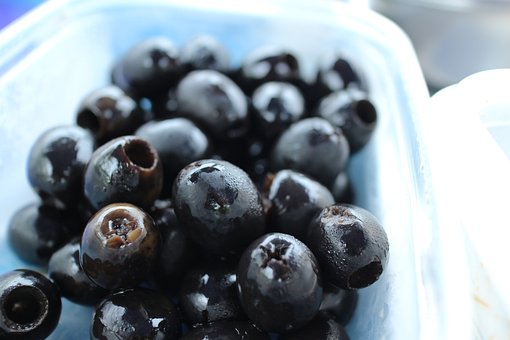Acrylamide is classified as carcinogenic and mutagenic. It is formed as an undesirable reaction product in foods containing carbohydrates and proteins, such as those encountered during baking, roasting and deep-frying, at high temperatures.
In official tests in Germany, vegetable chips and blackened olives showed higher levels of acrylamide, according to a BVL report in December. In the EU, after the first indications of the acrylamide problem emerged in 2002, not only was a monitoring program launched, but signal values for certain foods were subsequently proposed. If these were exceeded, food companies were to take measures to minimize contamination by adjusting their production processes. It can be considered a success that acrylamide contamination in numerous products such as French fries and potato chips has since been sustainably reduced.
However, in the monitoring carried out by the German control authorities, vegetable chips and, surprisingly, blackened table olives also attracted attention due to elevated acrylamide levels.
More than half of the 77 vegetable potato chips samples examined (51.9%) in some cases significantly exceeded the guideline value of 750 µg/kg derived from potato potato chips. The explanation for this result is assumed to be the higher sugar content of the processed vegetables, e.g. sweet potatoes, parsnips and carrots, compared to potatoes.
In Addition to pickled green olives, which are harvested unripe, and the mature black olives, "blackened" olives are also sold. In these products, the unripe green olives are artificially blackened by a chemical oxidation process. During the subsequent preservation step by heat treatment, the undesirable reaction by-product acrylamide can be formed. In the context of the cited monitoring, the blackened olives contained an average of 290 µg/kg acrylamide and thus differed significantly from the untreated green and black olives with an average of 11 µg/kg and 23 µg/kg, respectively.
The authorities see not only the need, but also the technical feasibility, to significantly reduce acrylamide levels through targeted process improvements in the two products studied.
YOUR PLUS: AGROLAB LUFA GmbH in Kiel was one of the pioneers in Europe over 20 years ago in developing a sensitive, robust and cost-effective routine method using LC MS/MS. We have provided analytical support to numerous food manufacturers in their optimization efforts. Take advantage of our lead in experience in accredited acrylamide analysis.
Further reading:
Author: Dr. Frank Mörsberger

 Contact
Contact

 Contact
Contact Career
Career